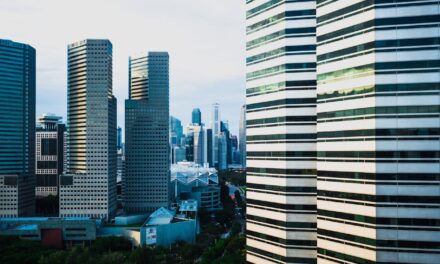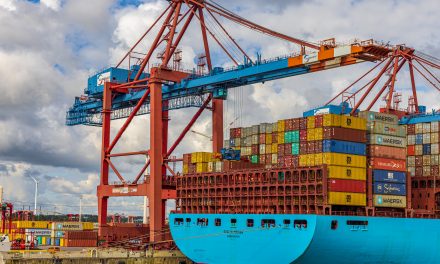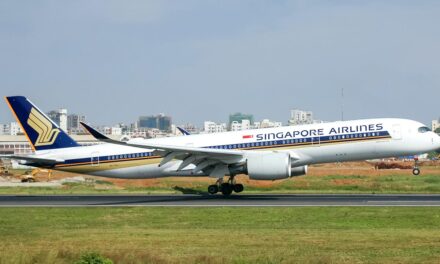Singapore’s private sector experienced robust growth in June, with confidence levels remaining high for the future.
“Singapore’s private sector expansion remained robust in the second quarter,” said Jingyi Pan, an economics associate director at S&P Global Market Intelligence, in a note on Wednesday.
“June’s PMI output index rounded off the quarter with an average that was solid and only fractionally lower than in the January to March period.”
The headline seasonally adjusted S&P Global Singapore Purchasing Manager’s Index, a composite single-figure indicator of the private sector’s performance, rose to 55.2 in June from 54.2 in May. Any reading above 50.0 indicates sector expansion.
June marked the 16th consecutive month of improved business conditions in Singapore’s private sector.
New business drives private sector growth
Business activity in Singapore’s private sector grew more rapidly due to an increase in new sales, resulting in higher purchasing activity and employment levels. It reached its highest rate in 20 months because of a significant increase in new business.
The Real Estate and Business Services sectors saw the most pronounced increases in both new business and activity.
Business confidence also saw an uptick. However, supply limitations led to increased input costs, though companies slowed the pace of selling price hikes by mid-2024.
“The supply-side constraints have been indirectly related to the ongoing hostilities in the Red Sea due to the ongoing Israel-Hamas conflict that has disrupted global shipping routes, leading to port congestion in Singapore and eventually driving up freight rates, increasing business input costs either directly or indirectly,” Oanda Senior Market Analyst Kelvin Wong told Diplomatic Network (Asia) in an interview on Friday.
Future outlook
Singapore’s private sector is confident in going forward, but global inflationary expectations will likely be a big influence on the sector.
“The acceleration in new business expansion and uptick in confidence levels hint at the likelihood that business activity growth will be sustained into the second half of the year,” Pan said.
Firms anticipate higher sales and activity with improved market conditions and promotional efforts in the year ahead.
Looking more broadly, inflation in the US and the subsequent policies will have knock-on effects in Asia.
“The outlook for Q3 is primarily dependent on global inflationary expectations and the direction of the US Federal Reserve monetary policy where the majority of the Fed officials are still favoring a cautious stance (data dependent) before enacting the first Fed funds rate cut,” Wong said.
“If more evidence that inflationary and demand growth trends in the US start to decelerate and soften, the odds of two Fed funds rate cuts of 25 bps each before 2034 ends are likely to increase, in turn weakening the US dollar,” Wong said.
“With a softer US dollar environment, People’s Bank of China can have more leeway to implement more monetary easing policies to jumpstart internal demand in China without fearing the risk of a negative knock-on effect on the yuan.”
A stronger economy in China will mean a boost to Singapore’s own domestic economy.
“An improving economic backdrop in China via more forceful stimulus measures increases Singapore’s exports to China which in turn is likely to see a recovery in Singapore manufacturing activities and also give a further boost to consumer and business sentiment in Singapore,” Wong said.
Data
The S&P Global Singapore PMI is compiled by S&P Global from responses to questionnaires sent to purchasing managers in a panel of around 400 private sector companies. The panel is stratified by detailed sector and company workforce size, based on contributions to GDP. The sectors covered by the survey include manufacturing, construction, wholesale, retail and services.
Survey responses are collected in the second half of each month.







